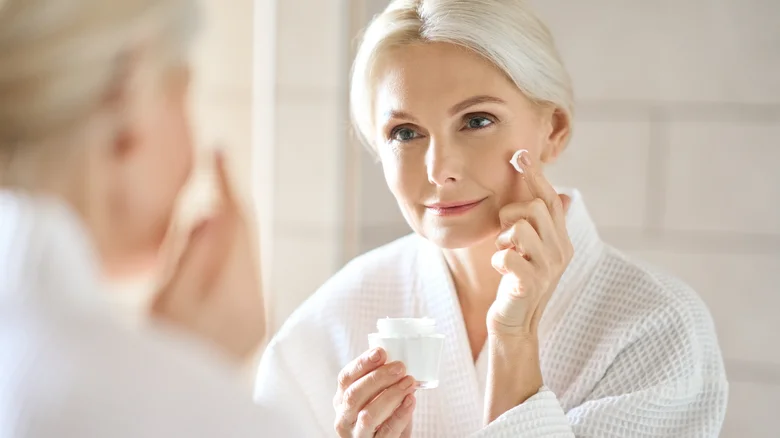By Amanda Vining – Health Digest
Each year on your birthday, you become a year older and celebrate the achievement of a new age. The process of aging is perhaps the most natural and universal experience that everyone across the globe goes through. Whether you age from 15 to 16 and excitedly celebrate being able to drive, or you age from 39 to 40 or 49 to 50 and your loved ones joke that you’re over the hill, everyone ages. The World Health Organization (WHO) reports that in today’s world, people are living longer than they have in previous times. By the year 2050, there are expected to be over 2 billion people over the age of 60 living on the planet, indicating that understanding the aging process is important for the quality of life on both the individual level and on an international platform when it comes to how societies embrace aging.
The stages of human development are often thought of as childhood, adolescence, adulthood, and old age (via Lumen). Children visibly grow larger in size until they reach adulthood, and puberty is a stage of likely memorable and perhaps awkward development as the body changes so drastically. But when it comes to the thought of aging, images that come to mind are likely of gray hair and wrinkles. In reality, the body begins aging from the moment you’re born. As you grow older, regardless of your numerical age, the cells in your body progress and change in ways that conduct the aging process.




